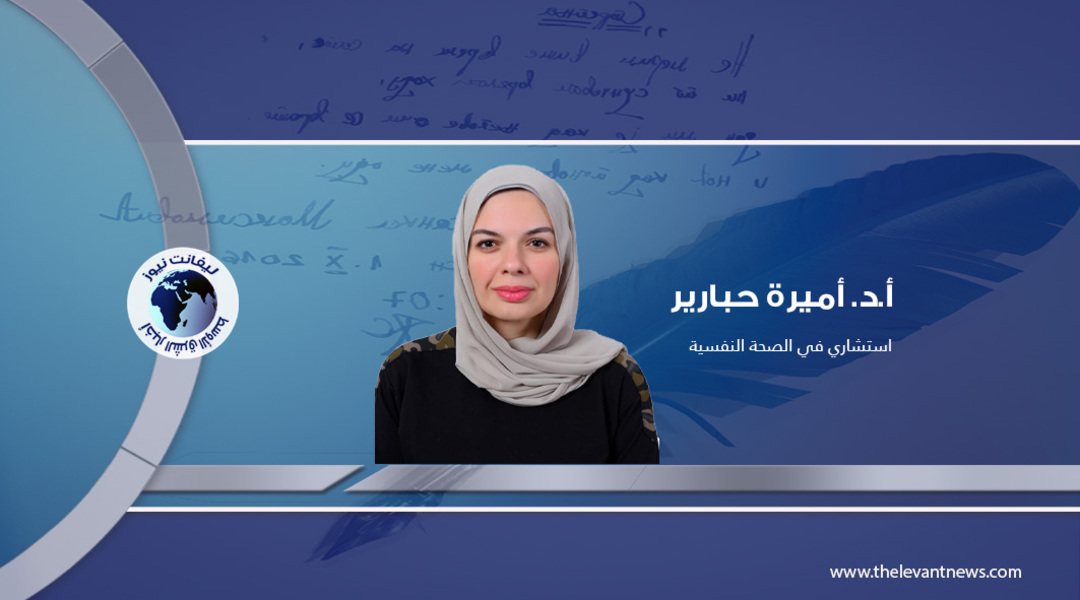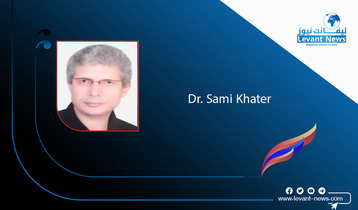-
Mask of Human Friendship or Human Hostility

The engineer in his fifties, who is currently being assisted by U.S. President Trump for author Walter Isaacson's book, believes he suffers from a "mood disorder, but has never been diagnosed." He notes that "the blow (that doesn’t kill you strengthens you, but leaves something behind)". His attraction "to storms and drama," alongside "unpredictable emotional fluctuations" including family sarcasm and verbal abuse, bullying from colleagues who physically assaulted him, and magical tricks and hypnosis used to convince his sister she was a "dog," points to the fact that Musk may lack the emotional receptors that produce kindness, daily warmth, and the desire to be loved. He might have Asperger syndrome, a form of autism that has been diagnosed in him.
The evidence stems from his childhood between an eccentric engineer father, whose thoughts and emotions were unconventional, and a mother oscillating between being a model and a nutritionist with a strong and effective personality. This has reflected in how he manages the companies he heads, citing several examples of his anger outbursts when employees fail to meet his expectations, not hesitating to humiliate them if they resist him. He also experiences episodes of vomiting and insomnia linked to stress. He chairs the boards of six large companies, works long hours, and has been known to sleep on the floor of the "Tesla" factory, which seems to have negatively impacted his health.
However, all these challenges have made him a more resilient and determined person, leading some to consider him a symbol of creativity and ambition. He has not stopped striving despite the significant challenges in his life since separating from his parents at the age of eight, being passionate about reading, science fiction, and philosophy. By the age of 12, he had created a simple video game that he sold for $500, marking the start of his entrepreneurial journey that requires a love for calculated risk-taking. Musk’s contrary nature is evident in his declaration, "We are different from others; we are reckless." Many have emulated his approach during the COVID-19 pandemic, without a hint of guilt or remorse. His inherently aggressive personality diverges from societal values and the law, showing little concern for others’ feelings, with the primary goal being the achievement of his objectives.
Musk is characterized by his sharp working style, evident in his harsh leadership and responses on social media, often leading to public conflicts with journalists, politicians, and investors, revealing a blend of selfishness, a craving for control, and indifference towards aggression. This indicates a mix of narcissism, sadism, and paranoia: outwardly, he may appear successful and exceptional, but inwardly, he possesses a psychopathic nature intertwined with the mood disorder traits stemming from his obsession and madness. He exhibits an excessive level of self-confidence bordering on arrogance, rapidly shifting from one idea to another to the extent that he "bites off more than he can chew," seeking a social platform to express his thoughts, initiating a series of disappointments and setbacks for humanity, starting with his support for the commercial Donald Trump, who is evading justice and legal issues, until he assumed the highest office in the White House and evaluated the performance of officials, never leaving his side.
Psychologically, he embodies a blend of traits that inspire, challenge, and drive towards change. Holding three nationalities: South African, Canadian, and American, his mentality is reflected in a strong vision, resilience, and unwavering commitment to a cause. The underlying psychological state behind his inspiring personality may be the first step toward steering one’s internal vision. So, is he a balanced person?
Professor Dr. Amira Habbari
Tags
You May Also Like
Popular Posts
Caricature
BENEFIT Sponsors Gulf Uni...
- April 17, 2025
BENEFIT, the Kingdom’s innovator and leading company in Fintech and electronic financial transactions service, has announced its sponsorship of the “Innovation and Sustainable Technology Solutions Competition (GU - IST Solutions), hosted by Gulf University at its main campus.
This strategic sponsorship reflects BENEFIT’s active role in advancing technological innovation and fostering sustainable solutions to future challenges. It also seeks to empower Bahraini youth by enhancing their skills, capabilities, and competitiveness in innovation and solution development—contributing meaningfully to the broader goals of sustainable development across all sectors.
As part of BENEFIT’s active involvement in the competition, the company has announced that Hanan Abdulla Hasan, Senior Manager of Public Relations and Communication, will serve on the competition’s supervisory committee. Her upcoming participation reflects BENEFIT’s forward-looking commitment to championing academic and professional excellence.
Commenting on the occasion, Hanan Abdulla Hasan, Senior Manager of Public Relations and Communication at BENEFIT, said, “We are privileged to support this pioneering initiative, which aligns seamlessly with BENEFIT’s enduring commitment to fostering innovation and nurturing the potential of Bahrain’s youth. Our participation is rooted in a deep sense of social responsibility and a firm belief in the pivotal role of innovation in shaping a sustainable future. Through such platforms, we seek to empower the next generation with the knowledge, skills, and foresight required to develop impactful solutions that address future challenges, in line with the United Nations Sustainable Development Goals 2030.”
Dr. Aseel Al Ayash Dean of the College of Engineering in Gulf University commented, “We extend our sincere gratitude to BENEFIT for their generous sponsorship and support of the Innovation and Sustainable Technology Solutions Competition. This contribution plays an instrumental role in helping us achieve the strategic goals of this initiative, namely, cultivating a culture of innovation and sustainability, encouraging efforts that address the imperatives of sustainable development, and enhancing the practical and professional capabilities of our students and participants.”
The event will bring together a diverse spectrum of participants, including secondary school students, university undergraduates, engineers, industry professionals, entrepreneurs, academic researchers, and subject matter experts representing a wide range of disciplines.
The competition seeks to inspire participants to develop and present innovative, sustainable technologies aimed at addressing pressing environmental, social, and economic challenges. It encourages the formulation of business models that integrate advanced technological solutions with core principles of sustainability. Moreover, it serves as a platform for emerging leaders, entrepreneurs, and innovators to contribute to the advancement of the Sustainable Development Goals, promote the ethos of responsible technology, and demonstrate its transformative potential across various sectors.
Attendees will have the opportunity to view a series of project presentations submitted by participants, covering diverse areas such as eco-friendly product design, smart and sustainable innovations, renewable energy technologies, water conservation and management, waste minimisation and recycling, green architectural solutions, and sustainable transportation systems. Outstanding projects will be formally recognised and awarded at the conclusion of the event.
opinion
Report
ads
Newsletter
Subscribe to our mailing list to get the new updates!




















